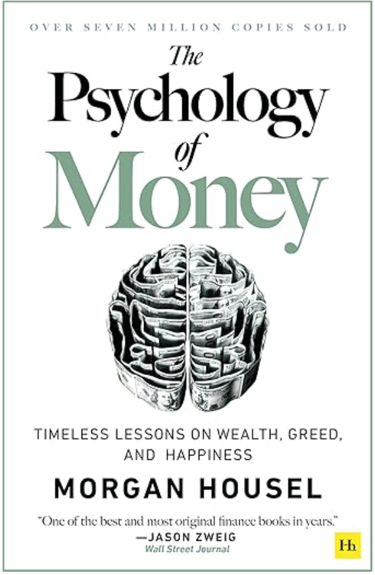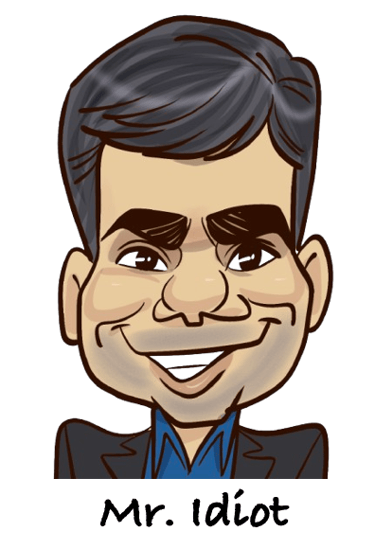#3 Top 5 Takeaways : The Psychology of Money
The Psychology of Money: Timeless lessons on wealth, greed, and happiness
BOOK
2/28/20251 min read


Here are 5 key takeaways from "The Psychology of Money" by Morgan Housel:
Wealth is Relative: True wealth isn't just about the number in your bank account. It's about contentment, freedom, and living a fulfilling life. Comparing yourself to others can hinder your financial well-being and happiness.
Luck Plays a Huge Role: Many successful investors acknowledge the significant role of luck in their success. It's crucial to recognize the influence of chance and avoid overconfidence.
Compounding is Powerful: Even small, consistent savings can lead to substantial wealth growth over time. This "miracle of compounding" is a fundamental concept for long-term financial success.
Risk Tolerance Varies: Everyone has a different comfort level with risk. Understanding and accepting your own risk tolerance is crucial for making sound financial decisions.
Frugality Matters: Saving money is essential for building wealth. Frugality, or living below your means, is often more important than income level in achieving financial security.
One key story in "The Psychology of Money" revolves around the contrast between two individuals:
The Frugal Farmer: This person lives a simple life, focusing on essential needs and avoiding unnecessary expenses. They may not have a high income, but they consistently save and invest, allowing their wealth to grow slowly but steadily over time.
The High-Flying Executive: This individual enjoys a lavish lifestyle, spending freely on luxury goods and experiences. They may have a high income, but their spending often outpaces their savings, leaving them vulnerable to financial setbacks.
Disclaimer: This is a brief summary of key takeaways and a key story. It is intended to provide a general overview of the book's core concepts. For a comprehensive understanding of the author's philosophy and its applications, I strongly recommend reading the book in its entirety.
Just Be Wealthy
© 2025. All rights reserved.
100% of the earnings we generate through our affiliate program will be donated to charity.
